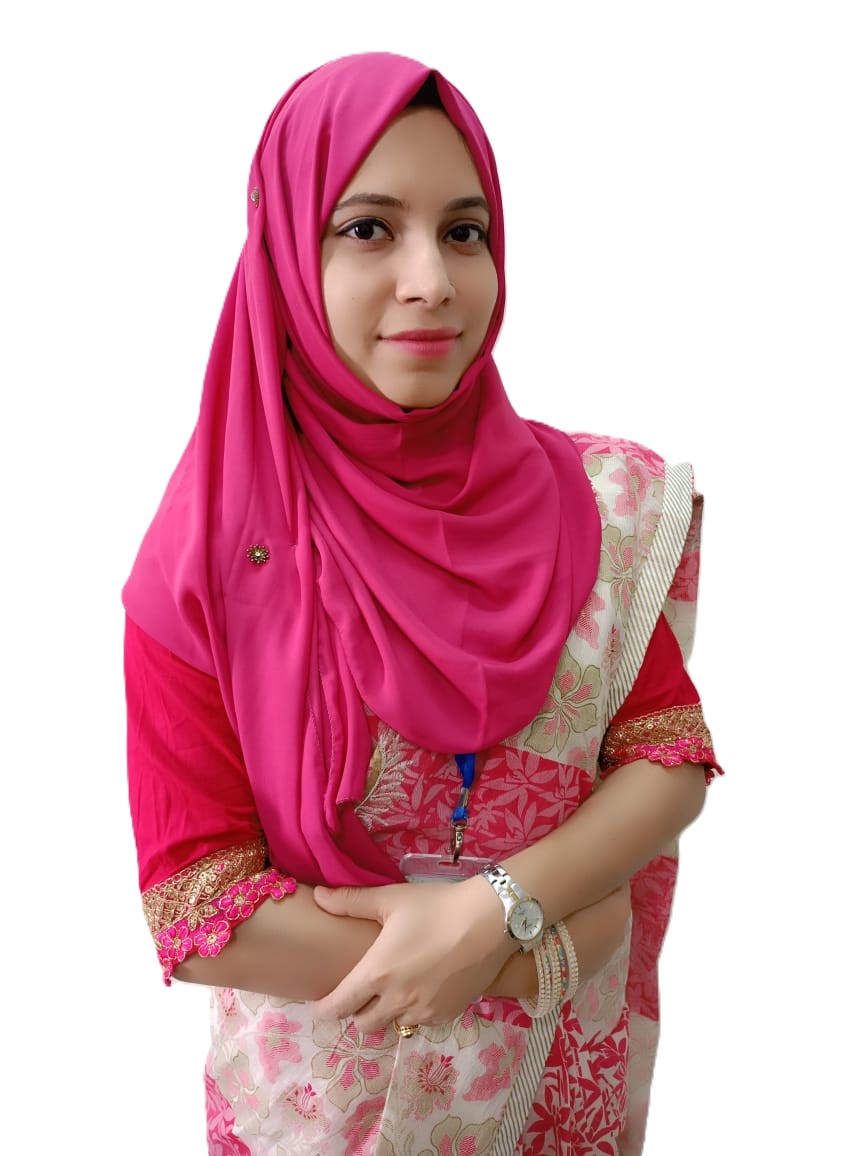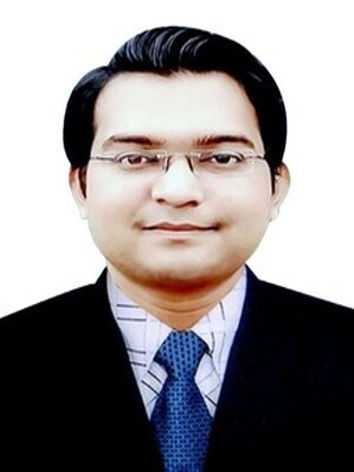In a world where challenges such as antibiotic resistance, emerging diseases, and environmental degradation increasingly threaten human and ecological health, understanding life at the cellular and molecular level is more important than ever. Cellular and molecular biology lies at the heart of finding solutions to these issues, offering insights that can lead to breakthroughs in medicine, environmental sustainability, and biotechnology. The Department of Cellular and Molecular Biology was established in 2024 under the Faculty of Biotechnology and Genetic Engineering to address these pressing challenges by preparing scientists and researchers equipped to make a real difference.
Mission and Vision
The mission of the Department of Cellular and Molecular Biology is to provide a comprehensive and impactful education that empowers students to understand and address biological challenges at the molecular level. With a focus on ethical research, innovation, and scientific integrity, this department aims to cultivate professionals who are ready to contribute to critical fields, from healthcare to environmental science.
The vision is to be a center of academic and research excellence, known for impactful scientific contributions and a commitment to developing graduates who will drive progress in bioscience and biotechnology.
Academic Programs
This department offers a carefully designed curriculum, with 16 courses that cover key areas of cellular and molecular biology. These courses introduce students to the fundamentals of biology, biochemistry, genetics, microbiology, and molecular biology, while also covering emerging fields such as immunology, cell culture technology, and proteomics engineering. By emphasizing both theoretical understanding and hands-on experience, the curriculum ensures that students are well-prepared for real-world applications in research and industry.
Research and Laboratory Facilities
The Department of Cellular and Molecular Biology offers innovative laboratory facilities that allow students to put theory into practice through hands-on experiments and research projects. These labs are equipped with cutting-edge tools such as PCR machines, gel electrophoresis, and high-resolution microscopes. Facilities are available for specialized work in areas such as cell culture, genetic engineering, proteomics, and microbiology, providing students with a comprehensive training environment that meets the demands of modern bioscience research.
Career Opportunities
This department will be a great choice of Graduates for the diverse career paths, including roles in academia, biotechnology, environmental science, and healthcare. Many will do their PhD and postdoctoral fellowship, contributing to research and development in prestigious institutions worldwide in future. With having the strong knowledge in both theoretical and practical aspects, graduates will be prepared for impactful roles as scientists, researchers, and industry specialists, addressing critical challenges in fields like disease research, genetic engineering, and sustainable biotechnology.
With its strong academic programs, cutting-edge facilities, and dedication to innovation, this department will prepare graduates who will not only knowledgeable but also inspired to make a meaningful impact in the fields of bioscience and biotechnology. This department invites all who are passionate about science and discovery to join in this journey of learning, exploration, and progress.
Name of the Faculty: Biotechnology and Genetic Engineering
Name of the Department: Cellular and Molecular Biology
Courses of the Department:
1st Year 1st Semester courses | 1st Year 2nd Semester courses | ||
Course title | Credit (T+P) | Course title | Credit (T+P) |
Introduction to Biology | (2+0) | Basic Mathematics | (2+0) |
General Chemistry | (2+1) | General Microbiology | (2+1) |
Elementary Animal Science | (2+1) | Molecular Biology | (2+1) |
2nd Year 1st Semester courses | 2nd Year 2nd Semester courses | ||
Course title | Credit (T+P) | Course title | Credit (T+P) |
Advanced Biochemistry | (2+1) | Fundamentals of Metabolism | (2+0) |
Developmental Biology | (1+1) | Enzymology | (2+0) |
Microbial Genetics | (2+0) | Animal Breeding | (2+1) |
|
| Cell Culture Technology | (2+1) |
3rd Year 1st Semester courses | 3rd Year 2nd Semester courses | ||
Course title | Credit (T+P) | Course title | Credit (T+P) |
Metabolism and Bioenergetics | (1+1) | Proteomics and Protein Engineering | (2+1) |
4th Year 1st Semester courses | 4th Year 2nd Semester courses | ||
Course title | Credit (T+P) | Course title | Credit (T+P) |
Immunogenetics and Vaccinology | (2+1) | Board Viva | 2 |
|
| Report writing | 2 |
|
| Internship / Industrial attachments | 9 |
Note: “T” means Theory and “P” means Practical
Welcome to the Department of Cellular and Molecular Biology at Chattogram Veterinary and Animal Sciences University (CVASU)
Welcome to the Department of Cellular and Molecular Biology, a vital division of the Faculty of Biotechnology and Genetic Engineering, established in 2024 to lead in scientific research and education. Our department is located on the first floor of the faculty’s academic building, and is equipped with a modern, air-conditioned classroom and a cutting-edge laboratory featuring advanced technology to support innovative molecular and biotechnological research. We are dedicated to advancing scientific knowledge in cellular biology, molecular genetics, and biotechnology with a multidisciplinary approach, integrating cellular biology, genetics, biochemistry, and biotechnology to explore the cellular and molecular processes that shape life. With a carefully designed curriculum that includes 16 courses covering core and emerging areas—such as biology, genetics, biochemistry, microbiology, molecular biology, immunology, cell culture technology, and proteomics engineering—we emphasize both theoretical knowledge and hands-on experience, ensuring our students are well-prepared for careers in research and industry. Our department proudly includes four highly qualified faculty members with expertise spanning biotechnology, genetic engineering, and molecular diagnostics, offering students both mentorship and insight into pioneering. Together, they deliver a comprehensive academic program that prepares students to address vital challenges in biological and biomedical sciences. We value collaboration and actively partner with institutions and research centers worldwide to foster knowledge exchange and broaden perspectives, enhancing the impact of our research and offering students and faculty global insights into pressing scientific issues. Join us in our mission to push the boundaries of science, foster sustainable solutions, and contribute meaningfully to advancements in health, agriculture, and environmental conservation through transformative education and research in cellular and molecular biology.
Research:
Molecular Microbiology
Cellular Biology
Genetic Engineering and Biotechnology
Genomics and Bioinformatics
Alternative Medicine and Natural Products
Food Quality Analysis

Prof. Md. Shafiqul Islam Khan
Professor

Mansura Khan
Lecturer

Muhammad Tawhid
Lecturer

J. M. Kamirul Hasan Chowdhury
Lecturer